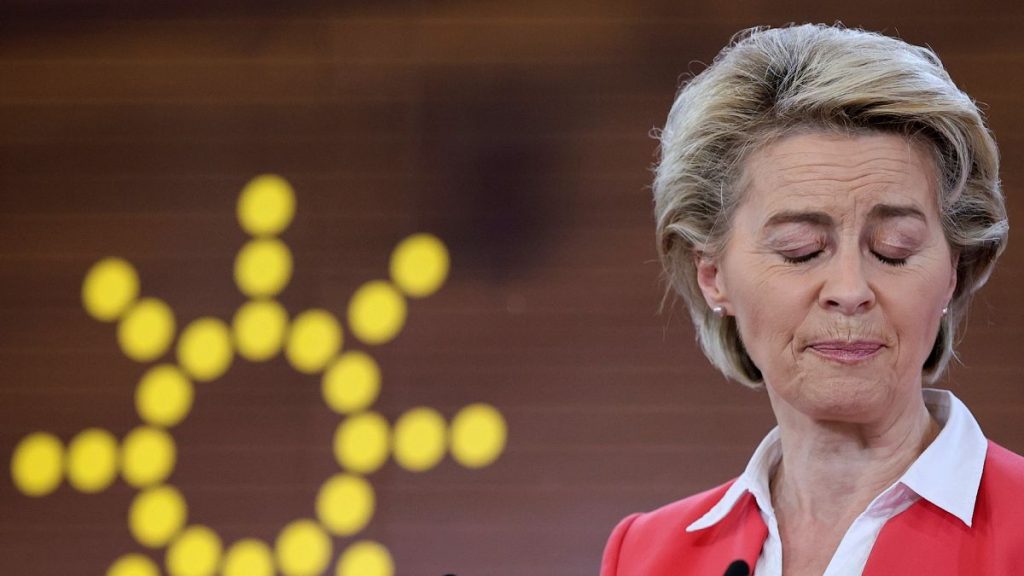Twenty six candidates have submitted their pitches to serve at the top of the next European Commission, with commitments to uphold European ideals and gender equality. The written responses from these candidates have been published by the European Parliament, and Euronews has reviewed them. While many of the candidates have made specific policy pledges in line with President Ursula von der Leyen’s guidelines, there are also some cringe-worthy moments in their applications, such as Luxembourg’s candidate for agriculture commissioner forgetting that nobody likes a goody-two-shoes, or a 39-year-old claiming association with “the young generation” coming across as cringeworthy.
The future commissioner for fisheries and oceans highlights the EU’s algae initiative and the potential €9 billion demand for algae by 2030. Meanwhile, Kallas, the nominee for High Representative, is not afraid to name-drop her father, a former Estonian prime minister and EU commissioner. The EU’s potential future financial services commissioner is laying it on thick with prose that gives a strong LinkedIn vibe, promising to ask MEPs to add her to their professional network during her three-hour hearing in November. Malta’s nominee, at just 35 years old, promises to be the youngest member of the next European Commission, drawing on fond memories of his internship in the EU institutions.
Šefčovič, from Slovakia, outlines how he would tackle the threat from an increasingly aggressive Chinese trade policy in crisp euro-English, utilizing his background as a former diplomat. The controversial pick from Italy has been named Executive Vice-President for Cohesion and Reforms and is tasked with addressing issues facing the bloc’s islands and helping with the reunification of Cyprus. Despite facing intense questioning due to his links to a right-wing Prime Minister, the candidate at least understands the difference between Zealand and Ibiza. Overall, the response letters from the candidates reflect a mix of specific policy pledges and cringe-worthy moments.
Each candidate has made commitments to stand up for European ideals, prioritize gender equality, and engage regularly with members of the European Parliament once in office. However, many of these pledges seem to echo President von der Leyen’s existing political guidelines, leading to lengthy lists of worthy promises in their written responses. Some candidates, such as Luxembourg’s agriculture commissioner hopeful, exhibit moments of forgetfulness or awkward associations, while others, like the candidate for fisheries and oceans commissioner, sing the praises of the EU’s algae initiative. The nominees for various positions in the European Commission each bring their own background and experiences to the table, with some banking on family connections or past internships in the EU institutions as part of their application.
In anticipation of confirmation hearings in early November, the candidates have submitted their responses to the European Parliament for review. The future European Commissioners face a challenging path ahead, with intense scrutiny expected during their hearings. While some candidates employ name-dropping or LinkedIn-style prose in their pitches, others focus on specific policy areas such as Chinese trade policy or the challenges facing Europe’s islands. As the process unfolds, MEPs will have the opportunity to question the candidates further and ultimately decide on the composition of the next European Commission.


